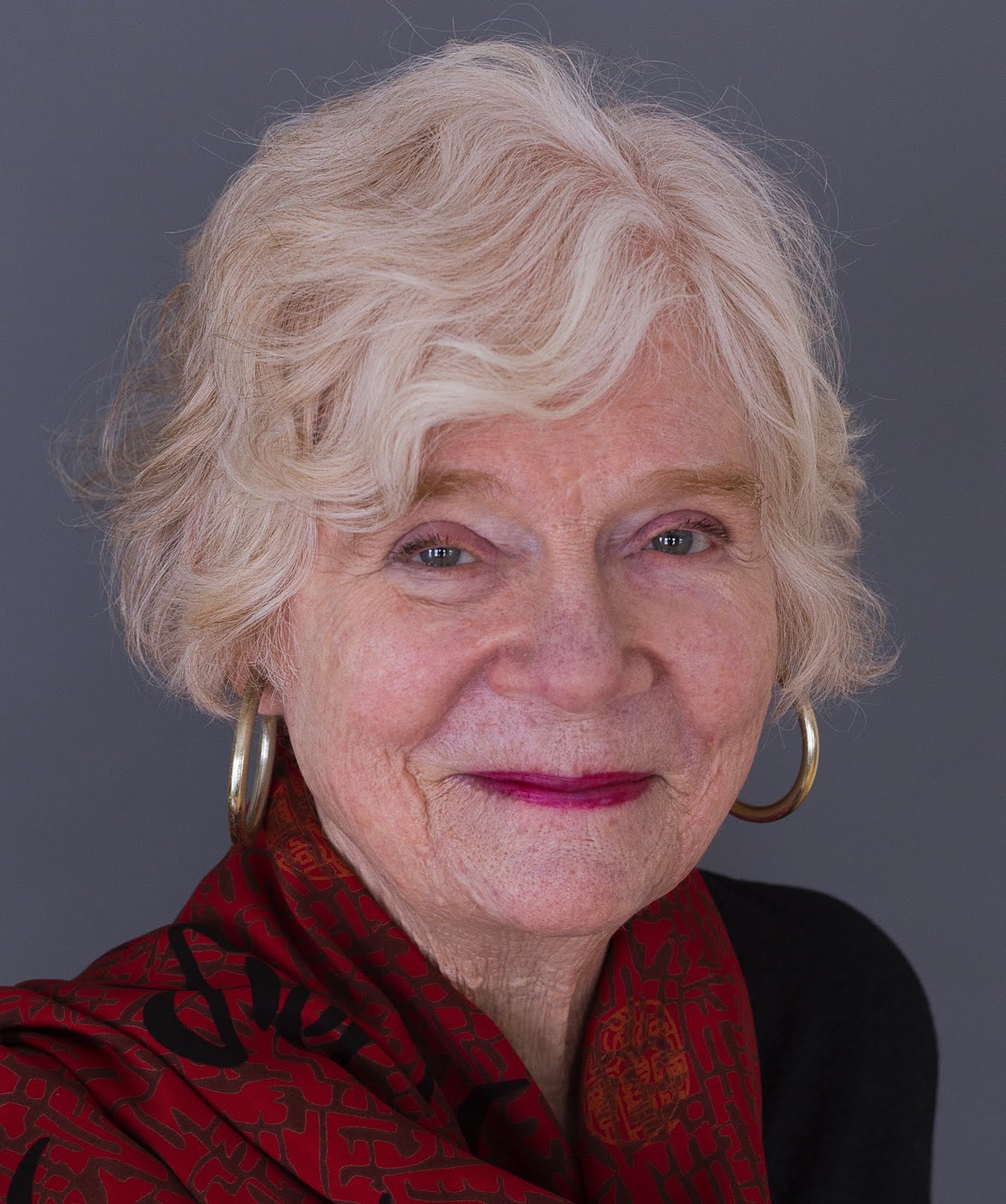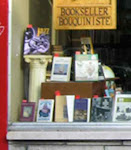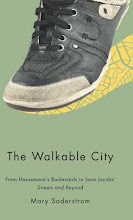Hillary Clinton is
unhappy with the complaints about US control of the airport in Port-au-Prince--the French filed a formal
complaint a few days ago, saying that two of their planes were turned away--and of hindering access to Haiti for aid workers from other countries. At the same time, it seems evident that a wave of faith-based aid groups have succeeded to getting onto the island and are providing their own brand of aid. This morning
Le Devoir has a
story from the French left-wing paper
Liberation about Bible Belt missionaries who seem to have been able to get there with relatively little trouble.
NGOs of all stripes have been
present in Haiti for a long time: before the earthquake they were estimated to number around 10,000. While it's hard to fault good intentions, it's also quite clear that many are operating with their own agendas first and foremost in mind: fundamentalist members of our own extended family have gone to Haiti to build wells--and save souls.
What is particularly disquieting in this is the way that it is perfectly in accord with a posting on the conservative blog Foundry, published the day after the quake, and picked up
immediately by Naomi Klein as an example of the Shock Doctrine in action.
"The U.S. government response should be bold and decisive. It must mobilize U.S. civilian and military capabilities for short-term rescue and relief and long-term recovery and reform. President Obama should tap high-level, bipartisan leadership...(including former presidents Clinton and Bush)...
"While on the ground in Haiti, the U.S. military can also interrupt the nightly flights of cocaine to Haiti and the Dominican Republic from the Venezuelan coast and counter the ongoing efforts of Venezuelan President Hugo Chavez to destabilize the island of Hispaniola. This U.S. military presence, which should also include a large contingent of U.S. Coast Guard assets, can also prevent any large-scale movement by Haitians to take to the sea in dangerous and rickety watercraft to try to enter the U.S. illegally....
"The U.S. should implement a strong and vigorous public diplomacy effort to counter the negative propaganda certain to emanate from the Castro-Chavez camp."
Sounds very much like what has happened since. How maddening that the Obama government seems to be following an agenda so different from the one that got him elected.
First the embrace of the Afghan war, then the crumbling of the health care initiatives, and, tonight I imagine, the abandonment of stimulus measures in the name of "fiscal responsiblity" while unemployment
nears 10 percent. It is enought to make one weep, if the pictures on the news haven't done that already.































